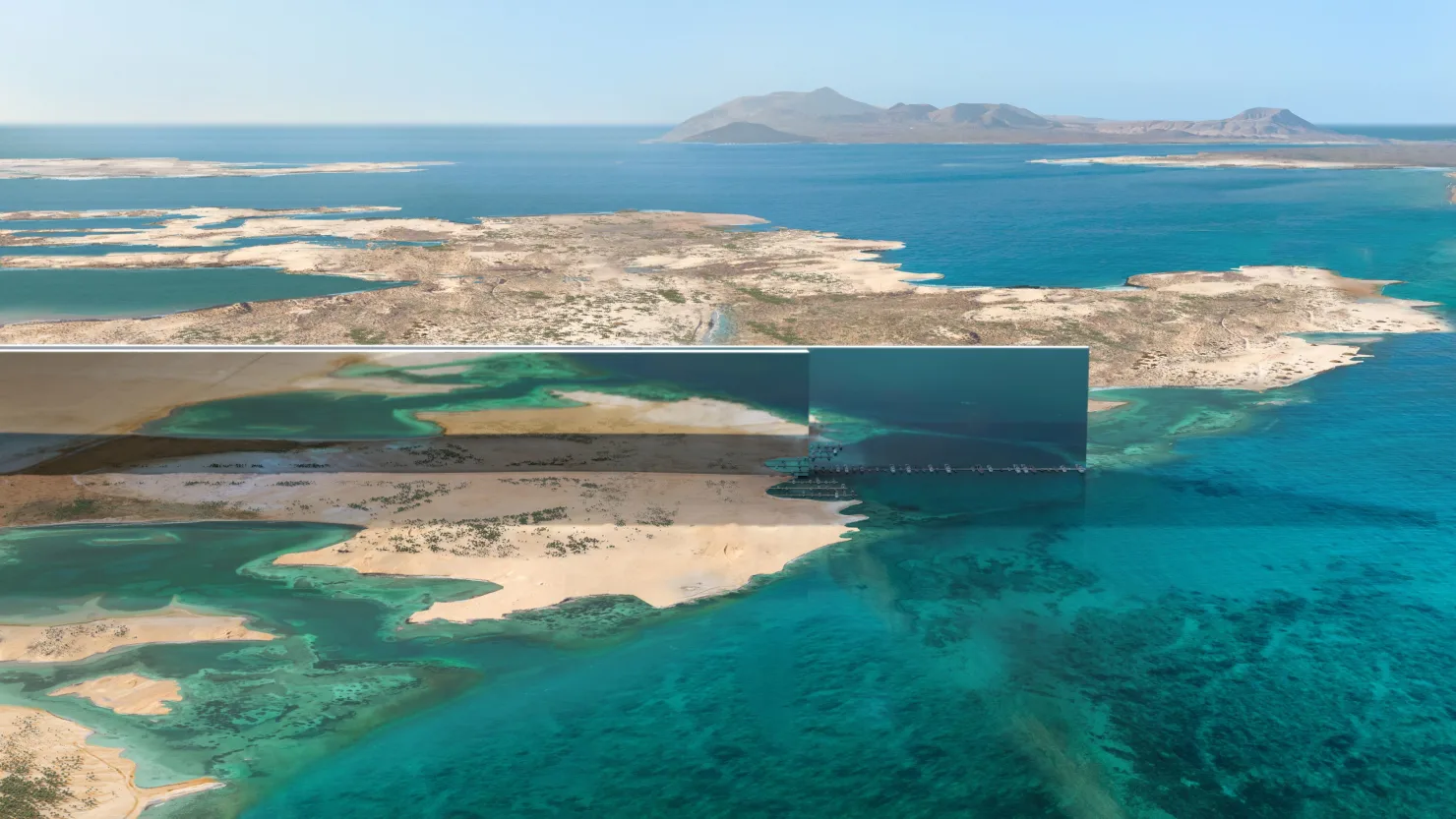Saudi Arabia’s ambitious Neom development, a multi-trillion-dollar project set to span an area the size of Massachusetts, has undergone a significant leadership change. Aiman Al-Mudaifer has been appointed as the acting CEO of Neom, succeeding Nadhmi Al-Nasr, who has led the initiative since 2018. The unexpected change was announced by Neom’s board on Tuesday, though specific reasons for Al-Nasr’s departure were not disclosed.
Neom’s latest statement emphasized that the leadership shift aligns with the project’s new phase, aiming to “ensure operational continuity, agility and efficiency to match the overall vision and objectives of the project.”
Envisioned by Saudi Crown Prince Mohammed bin Salman, Neom includes futuristic concepts such as The Line—a planned structure spanning over 100 miles with two parallel skyscrapers—and Trojena, a mountain resort set to host the 2029 Asian Winter Games. Despite the ambitious design, some critics, including environmentalists and engineers, have questioned the feasibility and environmental impact of such a large-scale urban development.
Financial Pressures and Reported Project Adjustments
Neom’s leadership change occurs during a time of shifting financial circumstances for Saudi Arabia, as it faces an increasing budget deficit amidst lower oil prices and more cautious economic forecasts. Sources familiar with Neom’s operations reportedly indicated that delays and budget cutbacks have affected parts of the project, though these adjustments have not been publicly confirmed.
One source of speculation is The Line, which was initially planned to span 106 miles but may be reduced to 1.5 miles. Neom officials have denied these claims, stating that all operations are progressing as intended. “NEOM is a fundamental pillar of Saudi Vision 2030, and progress continues on all operations as planned,” the organization said in a statement on Tuesday, reaffirming their commitment to their entire portfolio of projects, including The Line, Oxagon, Trojena, Magna, and the Islands of Neom.
Saudi Arabia’s broader economic outlook also reflects the kingdom’s evolving financial landscape. A Ministry of Finance pre-budget report in October forecasted a 0.8% growth in real GDP for 2024, a marked decrease from the previous estimate of 4.4%. The report also anticipates continued budget deficits for the coming years, a factor largely attributed to the Vision 2030 economic diversification program, which requires sustained investment.
Adding further pressure is Saudi Arabia’s fiscal breakeven oil price, which the International Monetary Fund estimates will reach $96.20 per barrel in 2024—up 19% from the previous year and 33% above the current Brent crude price, trading around $72 as of Wednesday afternoon.
As Neom’s restructuring unfolds, it remains a crucial piece of the Saudi Vision 2030 strategy to transition the economy beyond oil dependency and establish the kingdom as a global leader in innovation and sustainable development.





